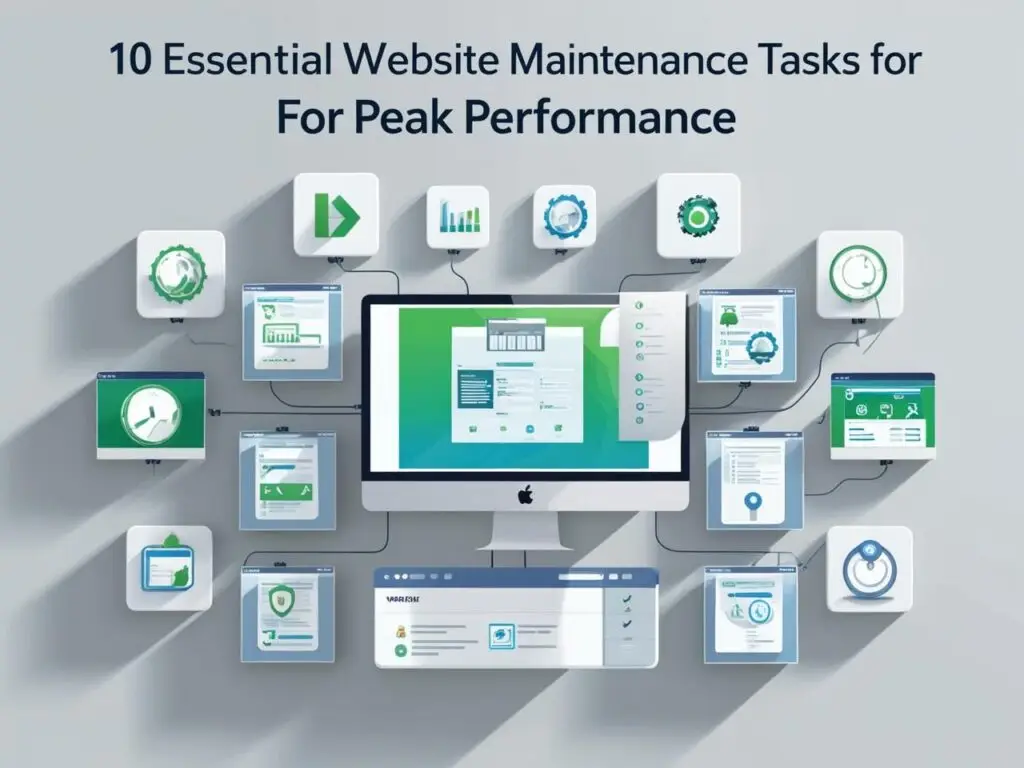Affordable Website Design for Small Businesses in Jamaica
Affordable Website Design for Small Businesses in Jamaica In today’s digital age, having a strong online presence is essential for business success, especially for small businesses in Jamaica. With more consumers turning to the internet to find local products and services, a well-designed website can be the deciding factor between gaining or losing a customer. As internet and mobile usage continue to grow across the island, Jamaican consumers are increasingly researching businesses online before making purchasing decisions. Yet, many small business owners are held back by the belief that professional web design is too expensive. That’s where affordable website design for small businesses becomes a game-changer, providing cost-effective solutions that help local entrepreneurs compete in the digital marketplace. Many believe that a high-quality online presence is simply beyond their budget. This article aims to dispel that myth. We’ll explore actionable strategies and resources for affordable website design specifically tailored for small businesses in Jamaica, empowering you to establish a powerful online presence without breaking the bank. Having a website offers a wealth of benefits, from boosting your visibility and credibility to reaching a wider customer base and staying competitive in the vibrant Jamaican market. Let’s dive in and discover how you can make your mark online. Why a Website is Crucial for Jamaican Small Businesses In the dynamic Jamaican marketplace, a website isn’t just a digital brochure—it’s a powerful tool that can propel your small business to new heights. Here’s why a website is absolutely crucial for Jamaican entrepreneurs: Understanding Your Website Needs Before diving into the world of website design, it’s crucial to take a step back and clearly define your business objectives and target audience. A well-defined strategy will ensure your website serves its purpose effectively and delivers a return on your investment. Asking yourself these key questions will set you on the right path: Affordable Website Design Options in Jamaica Creating a professional website doesn’t have to break the bank. Several affordable options are available for small businesses in Jamaica, each with its own set of pros and cons. Let’s explore the most common pathways: 1. DIY Website Builders: 2. Freelance Web Designers: 3. Web Design Agencies (Budget-Friendly Options): 4. Leveraging Free Resources (With Caution): Remember, the best option for you will depend on your budget, technical skills, and the complexity of your website needs. Start by clearly defining your requirements and then explore the different options to find the perfect fit for your small business in Jamaica. Tips for Keeping Website Costs Down Building a website doesn’t have to drain your resources. Here are some practical tips for keeping website costs down while still achieving a professional and effective online presence for your Jamaican small business: Jamaican Context – Specific Considerations When building a website for your small business in Jamaica, it’s important to consider specific local factors that can impact your online success. Here are some key considerations: Conclusion Building a professional and effective website is no longer a luxury but a necessity for small businesses in Jamaica looking to thrive in today’s digital landscape. We’ve explored various affordable website design options, from DIY website builders for budget-conscious entrepreneurs to leveraging the expertise of freelance designers and budget-friendly agencies. Remember, understanding your target audience, defining your website’s purpose, and focusing on essential features are crucial first steps. We’ve also highlighted key considerations specific to the Jamaican context, such as utilizing a .jm domain, integrating local payment gateways, prioritizing mobile optimization, and focusing on local SEO. By implementing the tips discussed for keeping costs down, you can create a powerful online presence without overspending. A website is more than just a digital brochure; it’s your online storefront, your marketing hub, and your connection to the growing digital market in Jamaica. It’s an investment in your business’s future, allowing you to reach new customers, build credibility, and compete effectively in the local marketplace. Now, it’s time to take action! Don’t let the perceived cost of website design hold you back any longer. Start by defining your website needs and exploring the different options available. Whether you choose a DIY approach, hire a freelancer, or partner with an agency, the most important thing is to get started. Ready to take your Jamaican small business online? Read More… Sustainable Web Design: Building a Greener Digital Future AI Ethics in Web Design: How to Innovate Responsibly


